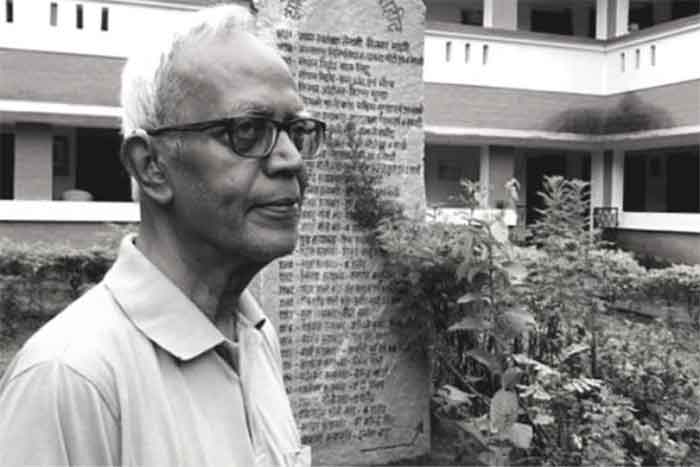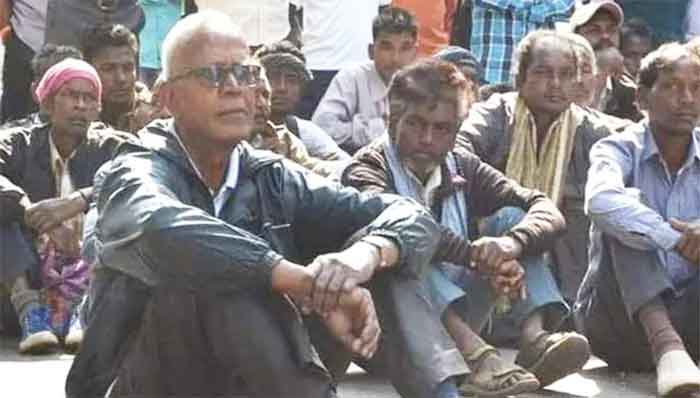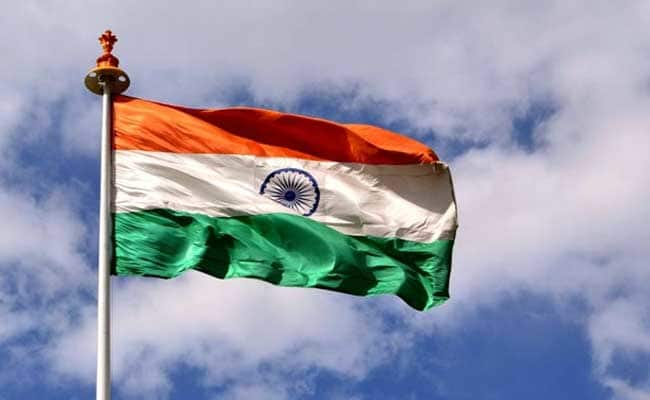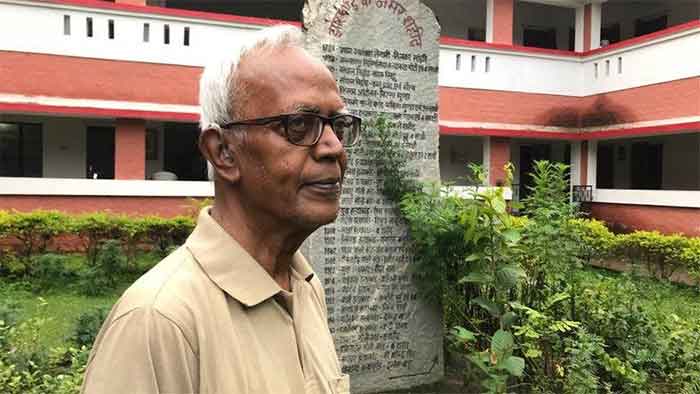
As news spread in India and abroad of the death of Fr. Stan Swamy on July 5 in very tragic circumstances, messages of great sadness and concern poured in from many parts of India and world. In a condolence message European Union’s Special Representative for Human Rights Eamon Gilmore has called him a defender of indigenous people’s struggles. The Chief Minister of Rajasthan Hemant Soren has said that Fr. Stan Smith dedicated his life for rights of tribal communities.
This defense for rights of tribal communities is very much in keeping with the Constitution of India which has several important provisions to protect the concerns and rights of tribal communities. Then why did the defense of these constitutional provisions bring Fr. Stan Swamy in conflict with very powerful forces and authorities in India?
India has vast areas where tribal communities have an important presence. These have generally had much more forest cover , including dense natural forests. Jharkhand state, where Fr. Stan Swamy worked, has even more such areas. The life of tribal communities has been more integrally related, at socio-economic as well as cultural levels, with forests and scholars have identified several important features of the life of many tribal communities which related to their important role as protectors of forests.
In addition several traditional practices of tribal farming communities, have been identified closely with such virtues as maintaining and nurturing a huge diversity of crops and cultivating them in conditions where soil is well protected with rich organic content. Among others, Dr. R.H. Richharia, the eminent rice scientist and former director of the Central Rice Research Institute who was removed for opposing the introduction of green revolution varieties in the mid-1960s, had very clearly documented the richness of traditional tribal farming practices of Chattisgarh in particular for their ability to obtain high yields and protect biodiversity without using chemical fertilizers and pesticides, thereby protecting organic content of soil with its vast capacity to absorb carbon-dioxide. In addition such farming by keeping down costs, promoting self-reliance in seeds and knowledge and providing diversity of varieties for different weather conditions, prepares farming communities much better for meeting changing and erratic weather conditions. In other words such farming is particularly well suited to meet the needs of climate change mitigation and adaption.
Needless to add the relevance and importance of all this has increased greatly in these times of climate change. So rationality demands that very careful efforts should be made to learn from several ( not all) traditional practices of tribal communities to achieve aims, such as protection of natural forests, bio-diversity and soil rich in organic content, whose urgency and importance have increased greatly in times of climate change.
Unfortunately, at the same time that this has acquired such urgency, some other pressures have moved in an entirely opposite direction. These have come mainly from big mining-industrial interests and are related to the fact that many areas inhabited by tribal communities are known to be extremely rich in terms of their mineral wealth and hence some of the most resourceful mining-industrial interests wish to see the development of these areas or regions mainly in terms of realizing their maximum mining-industrial potential, even if this has to be achieved at the cost of large-scale direct and indirect displacement of tribal communities and devastation of their land, forest and water resources.
It is in the middle of these emerging conflicts that many social and environmental activists, as well as academics and journalists sympathetic to them, have on the one hand felt increasing need to protect interests of tribal communities and on the other hand have faced opposition of much more powerful interests for taking such a stand.
It is in this wider context that the great tragedy of the arbitrary arrest of Fr. Stan Swamy , the refusal to release him despite his several serious and deteriorating ailments , all this culminating in the death of the 84 year old defender of human rights, needs to be seen. Fr. Stan Swamy had been working in a very sustained and metriculous way for protecting rights of tribal communities for several years, he had influence and contacts, his work attracted a lot of attention.
As the United Nations Rapporteur on Human Rights Mary Lawlor has stated in her condolence message on the death of Fr. Stan Swamy, the jailing of a defender of human rights is inexcusable. But the tragedy is precisely that in the middle of the deepening conflict many more human defenders, most of them much less known than Fr. Stan Swamy but not less in their commitment, are being arrested in Jharkhand, Chattisgarh and other areas of higher presence of tribal communities.
Fr. Stan Swamy is no more, but his legacy of protecting rights of tribal communities will always be with us. To take this further, the struggle should be linked to the strong worldwide need for protection of environment. If a strategy of development of tribal communities based on protection of natural forests , ecologically protective farming , sustainable livelihoods linked to well-protected rights, decentralization linked to already enacted PESA law for strengthened role of village assemblies ( gram sabhas) is implemented in the right spirit, then this will improve the sustained welfare of tribal communities while at the same contributing much to climate change mitigation and adaption as well protection of rich bio-diversity. This would be a very appropriate way also for honoring the memory of Fr. Stan Swamy. A peaceful, transparent, broad-based struggle to integrate and achieve the twin objectives of welfare of tribal communities and environment protection is certain to get widespread appreciation and support. Further, It will lead us closer and closer to the realization of the objectives which were so dear to Fr. Stan Swamy and for which he ultimately gave up his life.
Bharat Dogra is a journalist and author. His recent books include Man over Machine ( Gandhian Ideas for Our Times) and Protecting Earth for Children.













































